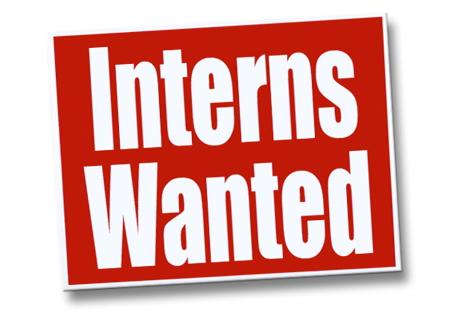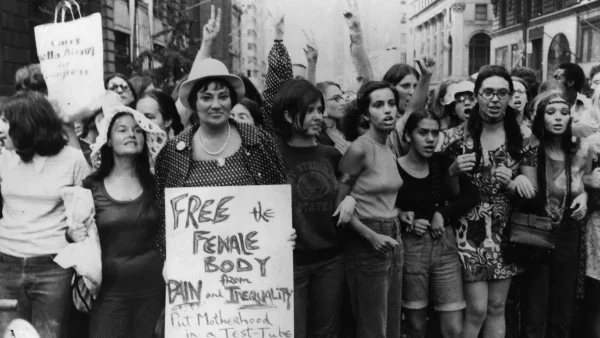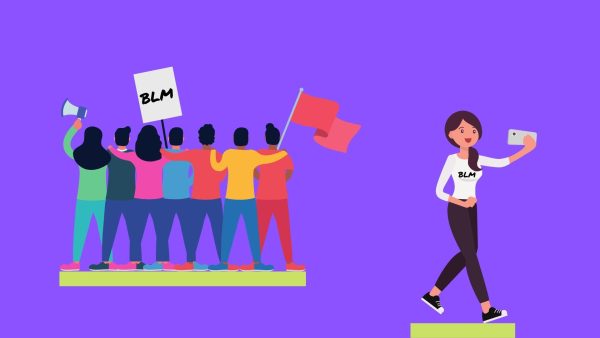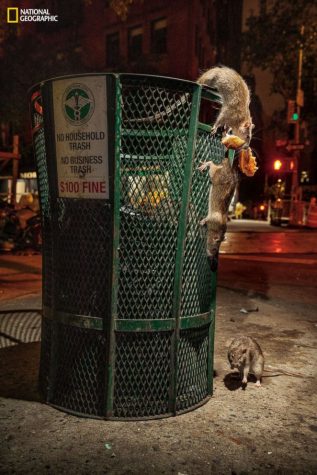OP/ED: How Important Is Interning?

When one first chooses what they want to do with their career, they oftentimes look at the overall work required to reach their goal. More often than not this work includes interning. The stepping stone that leaves interns feeling overworked, underappreciated and rarely paid.
These are just a few thoughts I took in mind when declaring my major a few years back. I knew that I would have to get real world experience at some point and I luckily landed amazing internships at Marie Claire and Seventeen, and Cosmopolitan magazines, respectively.
But where did the idea of interning first come from? Why do so many young hopefuls decide to make the conscious decision of doing sometimes years of grunt work for companies in hopes of getting hired?
It all started in the middle ages. In the trade guilds of 11th century England, a worker would actually pay to learn under a master in any trade like sculpting and printmaking. These apprenticeships would often times last several years and apprentices would start as early as age 16. As the industrial revolution of the 18th century began, apprenticeships started to die out and the modern intern took it’s place.
The intern world is often-times hard to navigate and an extremely grueling process. And it definitely isn’t for the faint hearted. Now, I had always known that I was more fit for editorial journalism, as I find writing news articles to be difficult.
The word Intern was previously used in the medical profession to describe someone who had a degree but did not have a license to practice. The term then migrated over to the political field where the word was used as an alternative for the term apprentice. Internships first served as a way for students to explore different career options as college could sometimes be a little confusing when choosing a field to go into.
Recently an esteemed fashion editor and stylist sat down with the interns (myself included) to have a heart to heart, to offer some of his advice and career lessons he’s learned over the years. He stressed to us that you cannot rush the process of getting from you are to where you want to go. Currently for Comso and Seventeen, I am a fashion intern. Which means checking in clothing samples, keeping a close eye on the room full of clothes known as “The Closet.”
The process he was referring is a familiar one where someone aspiring to be in the fashion world works under an established stylist or editor until they can start styling or editing on their own. Then from there it’s a lot of tactical work to grow a clientele and a fan base (social media is crucial).
And that’s where I am now, training one side of the fashion industry but preparing to enter another to see all aspects of where my career could take me. A process that shouldn’t be rushed.
Modern internships did not develop until the 60s and remained mostly unpopular until the late 70s and 80s. Internships today also serve as a recruiting tool. For instance, the current assistant fashion editor for Cosmo and Seventeen interned at Cosmo just over a year ago. It’s also a great way to network. A lot of young people can now enter their field with a full list of references and contacts.
Colleges then took the lead with internships, making them more appealing by offering course credit and advisers pushed internships as a way of getting ahead in the competition for jobs.
And it seems to be working.
Bill Gates was once a congressional page, Oprah Winfrey interned at CBS during her college years and Brian Williams was an intern for the Jimmy Carter administration. And of course, who can forget Monica Lewinsky who was just an intern when her affair with President Bill Clinton went public.
One thing I’ve definitely learned from this process is that everything is less glamorous behind the scenes. In order to be an intern and good one, one has to really love what they’re doing or choosing to do. It hasn’t been easy but interning is the framework of today’s professionals.

Ihsani Jackson, known to most of her friends as Izzy, is a writer, journalist and YouTuber from New York. Fleeting in nature and style, Ihsani wants to...












